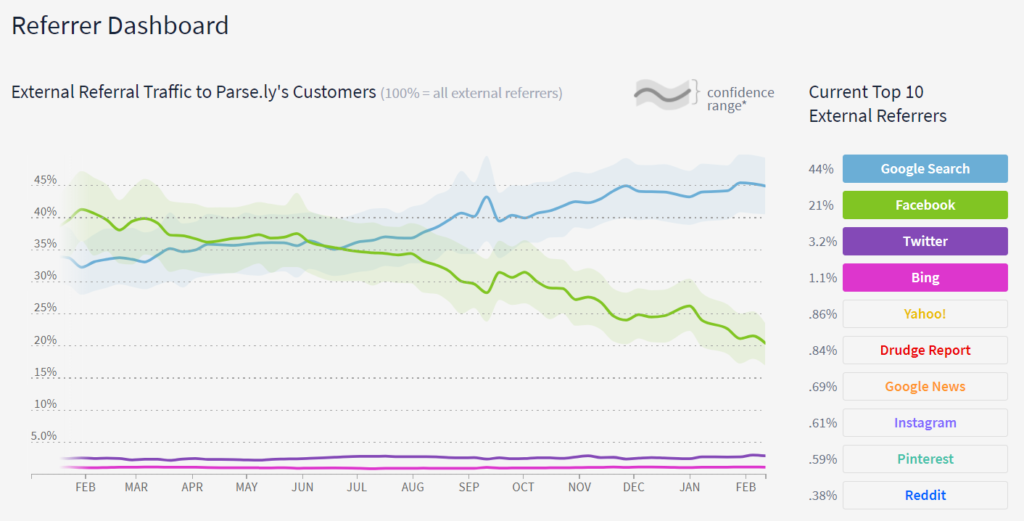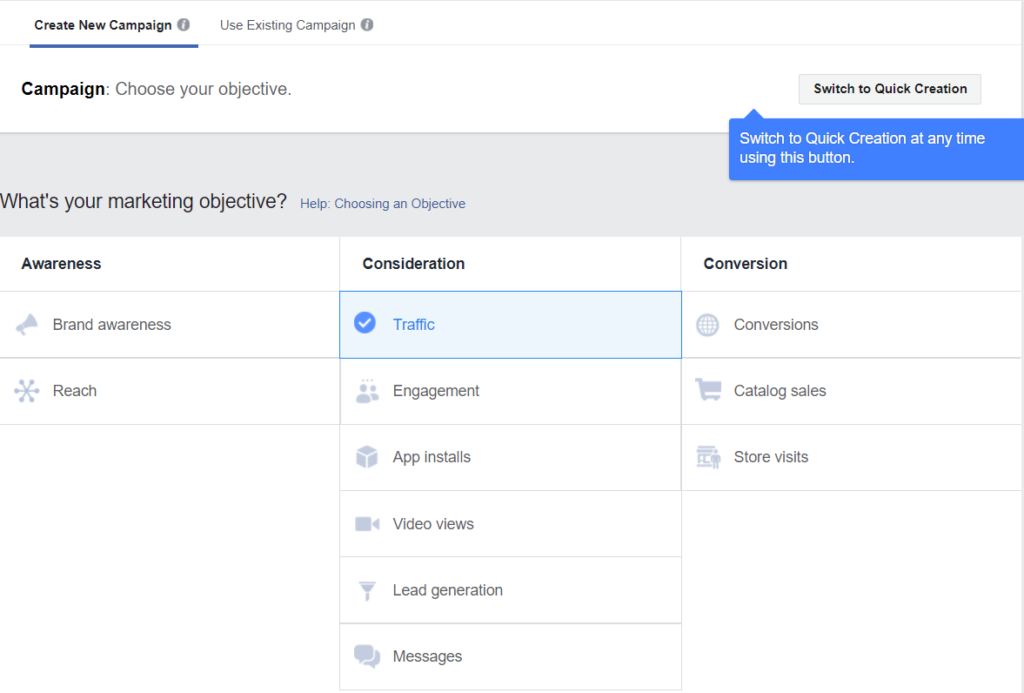Competition online is tough and you may need some Facebook tips and tricks to get your business the highest returns on marketing. Incorporating Facebook and the Facebook retargeting pixel into your marketing strategy can help you close potential customers. It helps you focus on internet users who are qualified customers for your business.
13 Facebook Tips and Tricks
Despite it sounding complicated and confusing, Facebook marketing with ads and the Facebook Pixel can be quite simple. Essentially, what the Facebook retargeting pixel does is allow you to target people who have already visited your business’ website but made no purchases. The Facebook retargeting pixel will track them and allow you to place ads back in front of them to provide them with new opportunities to convert to buying customers. Also, by split testing opportunities, you’ll help your website evolve into a more productive, profitable tool for your enterprise.
Tip 1: Take Facebook Seriously
Social media has matched, and in some cases, surpassed search engines as a means to reach a large and relevant audience. Only Google Beats Facebook’s Number of Referrals. Parse.ly reported, in 2016, that 46% of their referral traffic came from social media, with Facebook accounting for 41.2% of that traffic. There are plenty of Facebook tips and tricks to help your business get its share of that traffic.

Tip 2: Keep on Top of Facebook Organic Reach Trends
On Facebook, organic reach refers to how many people see your post content without paying for it. That includes anyone who looks at one of your posts or your Facebook pages. The Facebook paid reach refers to everyone who sees your content because you paid Facebook to put it in front of them.
Organic reach, however, just became more difficult for businesses to get on Facebook. According to the New York Times,
“Facebook has introduced sweeping changes to the kinds of posts, videos, and photos that its more than two billion members will see most often, saying … that it would prioritize what their friends and family share and comment on while de-emphasizing content from publishers and brands.”
If you’re a business owner, you know that Facebook understands that you either pay to get your content in front of viewers or you’ll be sitting on the bench.
Tip 3: Start Using the Facebook Retargeting Pixel
As internet competition rises, your business needs to focus more on quality customer traffic. Facebook’s pixel allows you to track site visitors on your website. Even more importantly, it will enable you to build custom audiences based on the information it has about each of those users. Using that information, you can retarget them.
Since Facebook introduced its Pixel, it has gotten easier to install and use. They update it regularly, so your best bet to start using it is to go directly to Facebook’s “Getting Started with Facebook Pixel” page. That way you’ll have the most up-to-date instructions to create and install your Pixel.
Tip 4: Balance Your Organic and Paid Posting
Just like Google, Facebook seeks relevant content for its users. Face it; if you use Facebook socially, like most people, you don’t want to see a bunch of ads. You want to look at your family and friends and what they’ve been up to.
If you follow the page for the Pittsburgh Steelers, for example, you do so to keep up with the Pittsburgh Steelers games, news, injury updates, press, and other things relevant to the team. You’re not looking for ads on car wax or laundry detergent. Neither are your clients.
Forbes calls social media a “pay to play environment,” where “Only about 4% of your Facebook followers are seeing your brand’s organic posts.” Even so, it says, “Despite organic reach having shrunk to single-digit proportions, your organic social presence is still a powerful ally when it’s being harnessed and supported.”
Organic and paid posts support each other. Using both will provide you with a more cost-effective way to reach more people. Implementing a mix of Facebook tips and tricks between posting engaging content to draw organic visitors and paid visitors will help your Facebook post gets shared.
Tip 5: Use Variations on a Theme
Although you do not want to re-post the same exact content multiple times, you may want to make slight variations on a theme to make it into several posts. Vary the format and wording of each and post them with different images. This is one of the best Facebook tips and tricks to never running out of content on your Facebook feed. It allows you to continue posting relevant content for your viewers and ensures your content gets seen by refreshing the content in front of your audience.
Tip 6: Reach out to Influencers
Until you have lots of great content that consistently shows up at the top of the search engine results page (SERP), you will not see many people linking your site to their content. It’s a catch 22. You need people to link to your pages to get them to rank well, and until they rank well, people won’t find them and link to them.
Get a jump on the organic linkers, and ask influencers to link to your site. Dig through your network contacts, and contact those who have websites. Give them a call or drop by their local to ask them personally, and make sure that you have content online that’s worth their while to link to.
Tip 7: Post Off Your Own Site
Find Facebook pages and groups with content relevant to your own. Look for those that allow followers to post, and post there.
If you distribute traditional print materials, for example, follow the stores that sell your materials, and participate in their discussions, or post to their Facebook Page or share materials with them and ask them for a mention in their posts.
Tip 8: Use Facebook Ads
Although Facebook ads, in a sense, hit users like cold calls, if they’re well designed and contain exciting content, you can use them to get your page in front of a large, focused audience outside your regular network.

Try both official Facebook ads and boosted post campaigns. Facebook provides you easy-to-use feedback on the success of your campaigns, so use the data to improve your overall paid marketing strategy. Facebook has merged its Power Editor into Ads Manager, where you can now manage all of your ads and get full advantage of the Facebook retargeting pixel. You can also boost sponsored posts on your Facebook Business Page. These appear directly on your page, while ads do not. We will be covering a lot of Facebook tips and tricks specifically on Facebook ads in the future, so sign up for our email newsletter for updates on that.
Tip 9: Take Advantage of Custom Audiences
Facebook says that “Custom Audiences are built from customer data you already have on hand—or can easily get—making it easy to reconnect with the people who have already shown interest in your business.” The Facebook retargeting pixel allows you to build custom audiences using data that you provide from your existing customers. You simply feed it your contact list with email addresses or phone numbers or data from your website or app.
Facebook uses these data from the Facebook retargeting pixel to create a lookalike audience, that helps “your ads reach people who are similar to (or “look like”) those audiences that are already interested in your business.”
Tip 10: Make Retargeting an Important Part of Your Marketing Strategy
If you have visited a website and, then, shortly after, seen a Facebook ad from that website, you have participated in retargeting. It has become one of the online marketer’s most powerful tools.
Facebook makes retargeting easy via its Facebook retargeting Pixel. When you add the Facebook retargeting pixel to your website, it keeps track of who visits your site. It then adds their information to your custom audience. As part of that audience, they see, when they enter Facebook, your ads linking back to their site.
Facebook does all the work, and its process helps you target your ads to people who have already demonstrated an interest in your business. It’s an excellent tool for recapturing lost leads because it brings in visitors who have already engaged with your brand. Coming in once more, they already feel comfortable because they have been there before.
Have patience when you start a retargeting campaign. They take a while to get results. Make sure that you set a goal on a reasonable time frame and keep your ads running during that time frame.
Tip 11: Monitor, Test, and Optimize Your Campaigns
Not only does Facebook make it easy to get data from new your site visitors and put that data to use for marketing, but it also provides you with a whole set of metrics by which you can compare and contrast different posts or ads. That allows you to refine your marketing strategy as you move forward.
Some of the metrics that you can track include
- Link Click-Through Rate
- Cost per Result
- Conversion Rate
- Landing Page Views
Periodically use these data to compare the success of distinct campaigns that you run. Stick with those strategies that are giving you the results that you want, and dump or modify the losers.
Tip 12: Use Unpublished Page Posts
When you put together an Unpublished Page Post, it does not appear immediately on your Page or News Feed. As a result, you can deliver ad content to your audience filters, on a future publication date or via an ad set promotion.
Also known as, “dark posts,” Unpublished Page Posts keep excessive ads off your page, yet get them to your target personas audience. Search engines, including Facebook’s, rank web pages poorly if they have too many ads.
Tip 13: Learn to Split Test Ads and their Elements
Split testing means comparing the results of different ads, or variations of ads, to see which generates a better response. Once you know which ones have the highest impact, you can base your future campaigns on them.
Try these Facebook tips and tricks on your website. You’ll see more qualified traffic moving to your website, and you’ll enjoy seeing how the different elements of Facebook and your website begin to work together to boost your marketing strategy.

